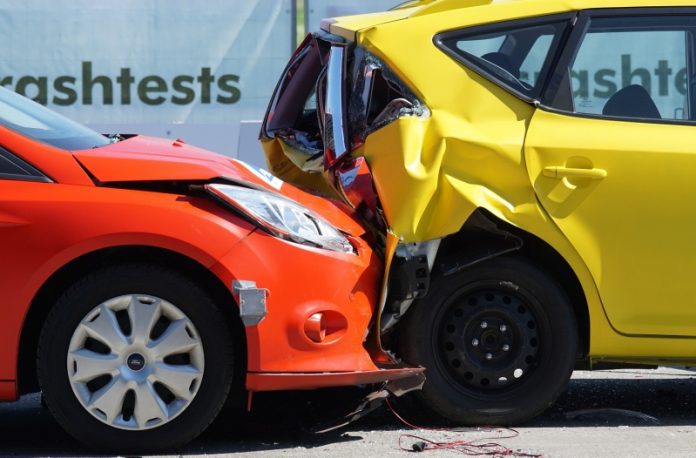
When planning for the future, we like to plan for the fun things. The nice things. Things like holidays and new cars and time with loved ones – or maybe even some time alone away from it all. Whatever you look forward to, it’s rare that you’ll look forward to a bad situation and begin to mentally prep yourself for what to do in testing scenarios. How would you react, for example, if you were woken in the middle of the night by the sound of an intruder’s heavy footsteps? How would you react if you found yourself trapped in an elevator? Or, perhaps more likely, how would you react if you were in a car crash? There are many common causes of car accidents. This could include slippery roads due to poor weather, third party driver negligence, and mechanical failure. Whatever the cause of your car accident, you won’t see it coming (obviously, otherwise you would avoid it!). This means that planning for it can mean trying to cover many bases that may never come to light. However, when a car crash does occur, and you find yourself wondering “did that really just happen to me!?”, you may need a checklist of the immediate actions you should take.
Stop as soon as you can – it’s the law
This may sound a little too self-evident, but stopping your vehicle after a road accident is the law. You cannot simply decide that you’d rather not deal with this today, and drive off. Stop, switch off your engine, and turn on your hazard lights to alert other road users of your precarious situation. Next, check for injuries. Are you injured? Are any passengers injured? Are any pedestrians or other road users injured? At this point, call the emergency services. They will decipher right away if you require ambulance services, so be ready to describe any injuries.
If everybody is OK…
Safety is the main concern at this stage (symptoms may develop later). Once you have paid due care and attention to any injuries (and provided any first aid if you are trained to do so), your thoughts need to turn to the legal implications of the accident. In brief, this means swapping details with any other drivers, taking photos of the accident, and speaking to your insurer. It is important not to apologise for the accident at this stage, even if you think you were to blame. This is a matter for the authorities to establish – you may be innocent, and apologising could complicate the legal matters that follow.
















